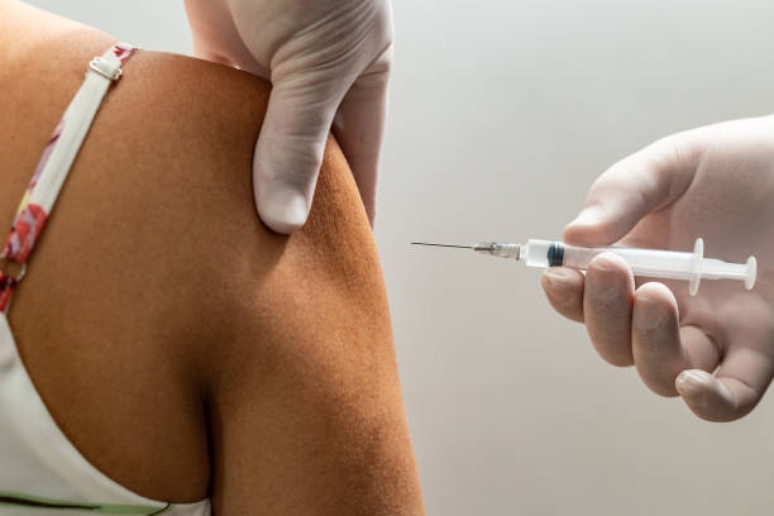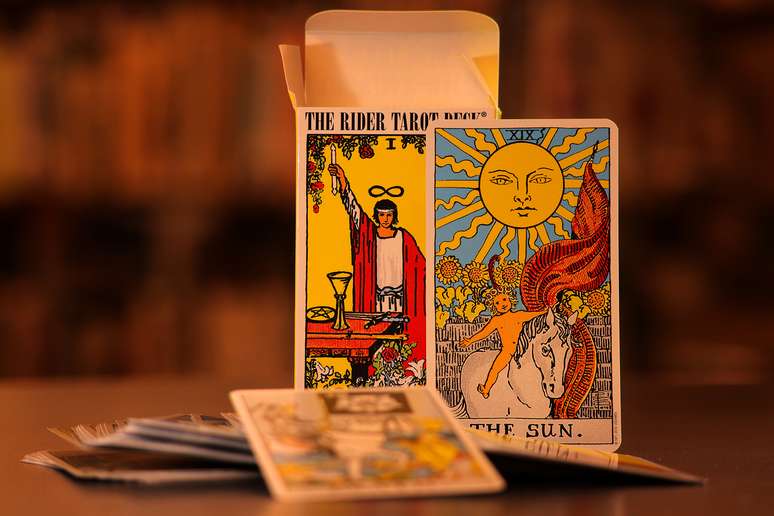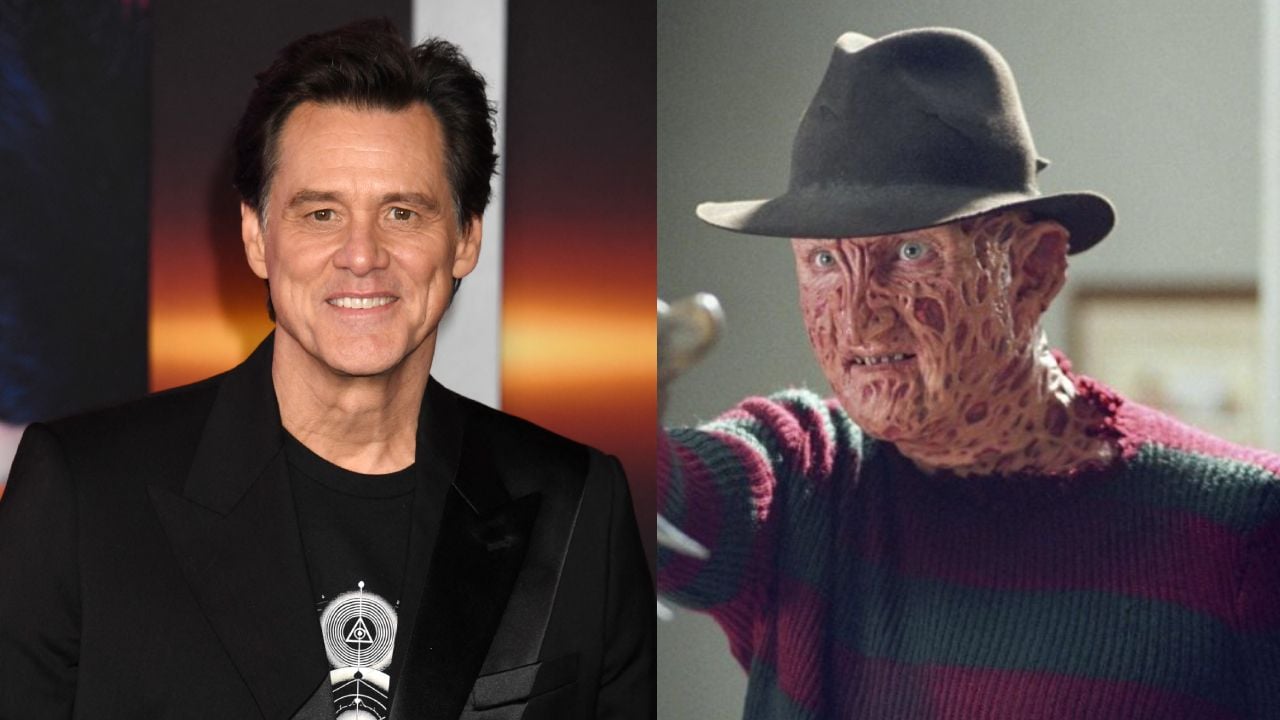The study of 157 people provided strong evidence, according to the company.
html[data-range=”xlarge”] figure image img.img-708f5af6da8f7e62670593e719c921a1f41u8vdl { width: 774px; height: 516px; }HTML[data-range=”large”] figure image img.img-708f5af6da8f7e62670593e719c921a1f41u8vdl { width: 548px; height: 365px; }HTML[data-range=”small”] figure image img.img-708f5af6da8f7e62670593e719c921a1f41u8vdl, html[data-range=”medium”] figure image img.img-708f5af6da8f7e62670593e719c921a1f41u8vdl { width: 564px; height: 376px; }
A Moderna study showed that the company’s cancer vaccine helped prevent relapses in melanoma patients, according to the results of an interim lab test.
According to the study, a total of 79 percent of high-risk skin cancer patients who received Moderna’s personalized vaccine and Merck & Co.’s Keytruda immunotherapy were disease-free at 18 months. With immunotherapy alone, recovery was 62% of patients who participated in the test, the responsible researchers said this Sunday (16).
Done with 157 people, the study offers the strongest evidence that these vaccines can benefit cancer patients. “I am very encouraged that this will open up a whole new set of tests,” said Jeffrey Weber, senior investigator on the study and deputy director of the Perlmutter Cancer Center at NYU Langone Health.
Moderna and Merck want to expand research into other types of cancer, such as non-small cell lung cancer. Later this year, the companies want to conduct a larger study to test the vaccine’s safety and efficacy in treating high-risk melanoma.
Source: Terra
Ben Stock is a lifestyle journalist and author at Gossipify. He writes about topics such as health, wellness, travel, food and home decor. He provides practical advice and inspiration to improve well-being, keeps readers up to date with latest lifestyle news and trends, known for his engaging writing style, in-depth analysis and unique perspectives.



-1ibeskywkh3z8.png)





